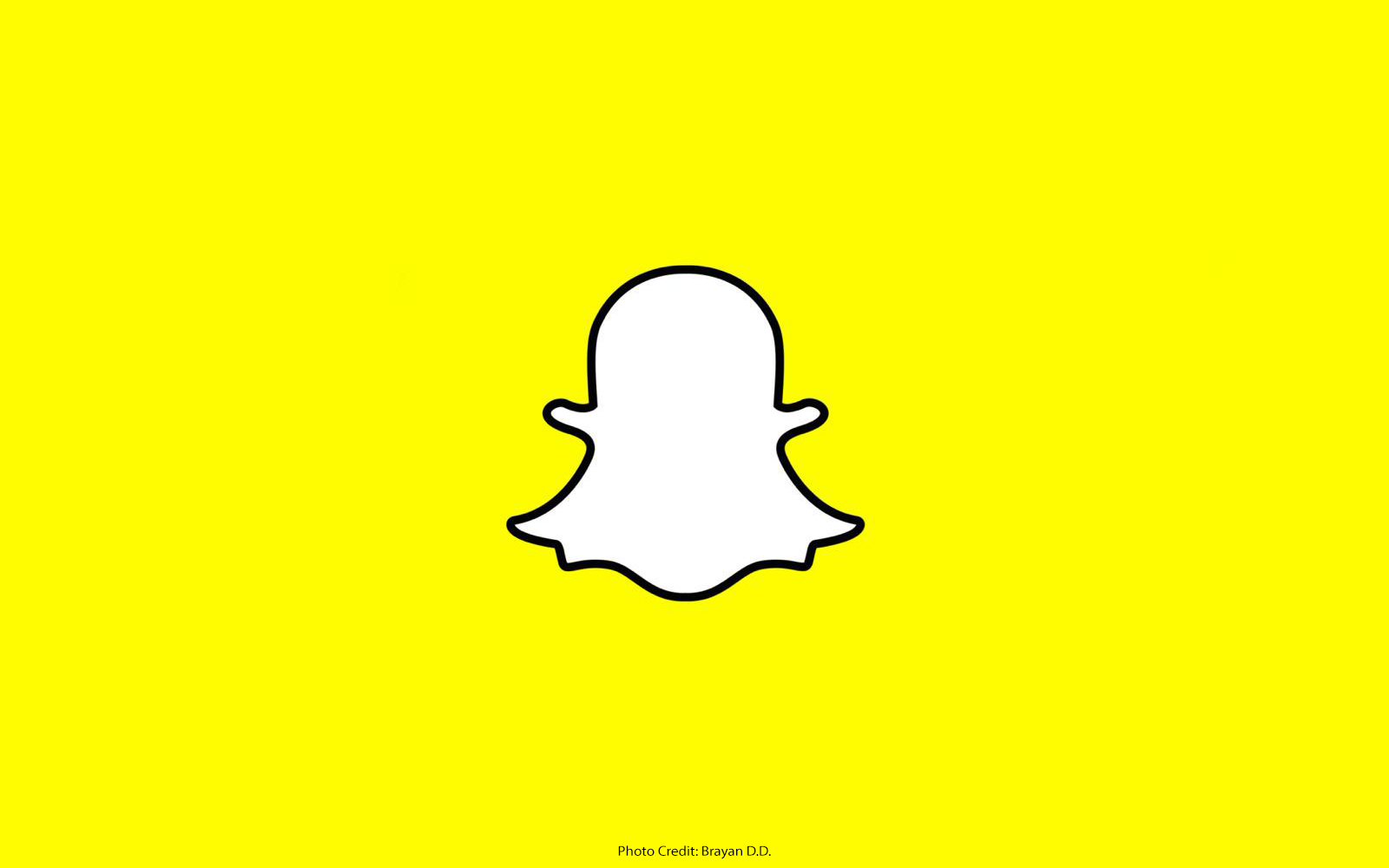 Snapchat
Snapchat
In January 2014, the social media website Snapchat was hacked and approximately 4.6 million phone numbers and usernames were stolen from the Snapchat API.
 Fake Profile Pictures
Fake Profile Pictures
Fake profile pictures are used all over the Internet in association with fake profiles is a way for cybercriminals and spammers to bait people into engaging with that account in order to gain access to their computer or their personal information. It's important to know how to recognize a fake profile from a legit one ...
 How to Use SEO and Original Content to Manage a Reputation
How to Use SEO and Original Content to Manage a Reputation
Using search engine optimization and original content is an important way to combat against something negative that is written on the Internet and ranks higher in search engines about your company's reputation.
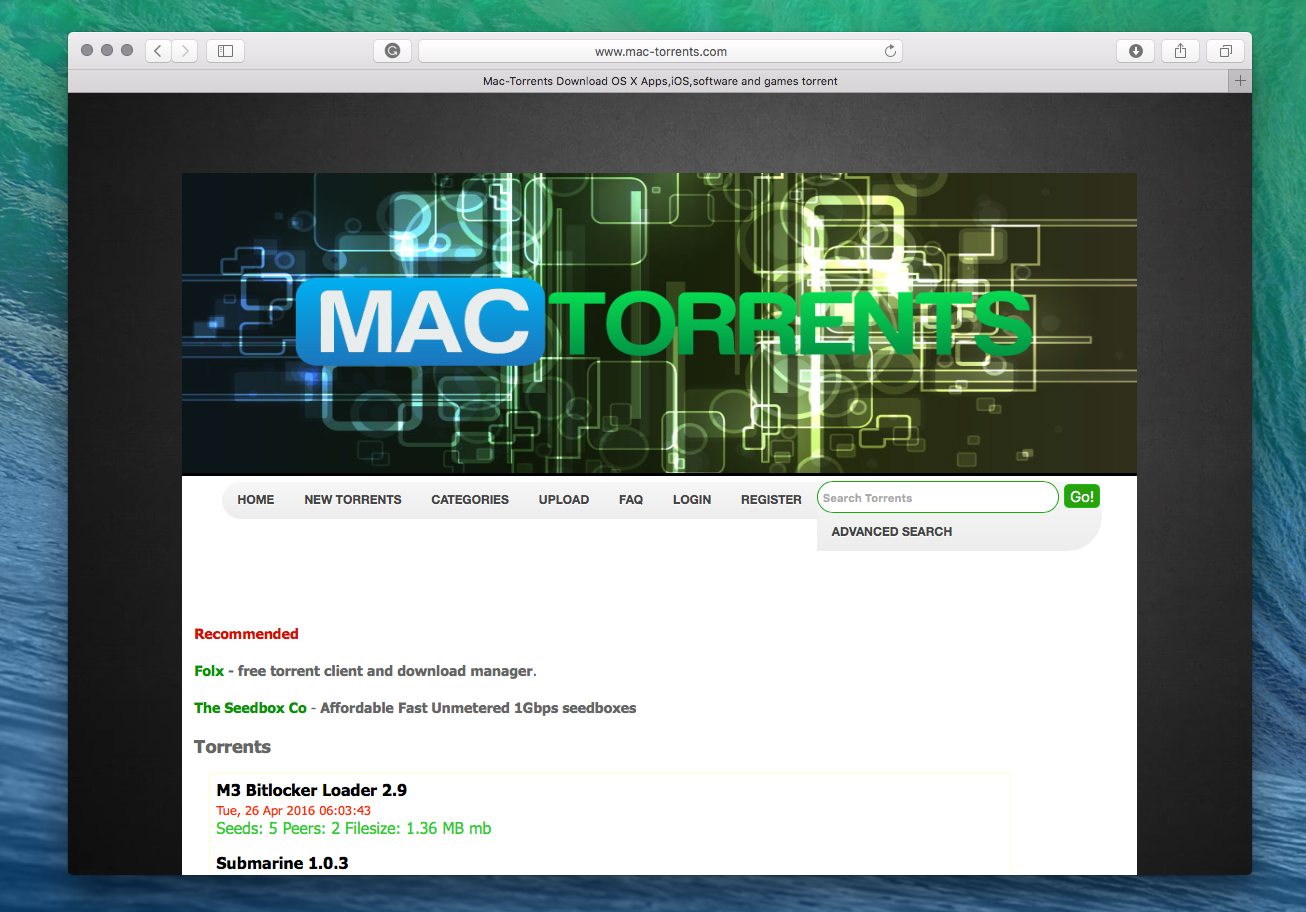 Mac-Torrents
Mac-Torrents
In October 2015, Mac-Torrents, a torrent website, was hacked and 94,000 user accounts were stolen including email addresses, passwords and usernames.
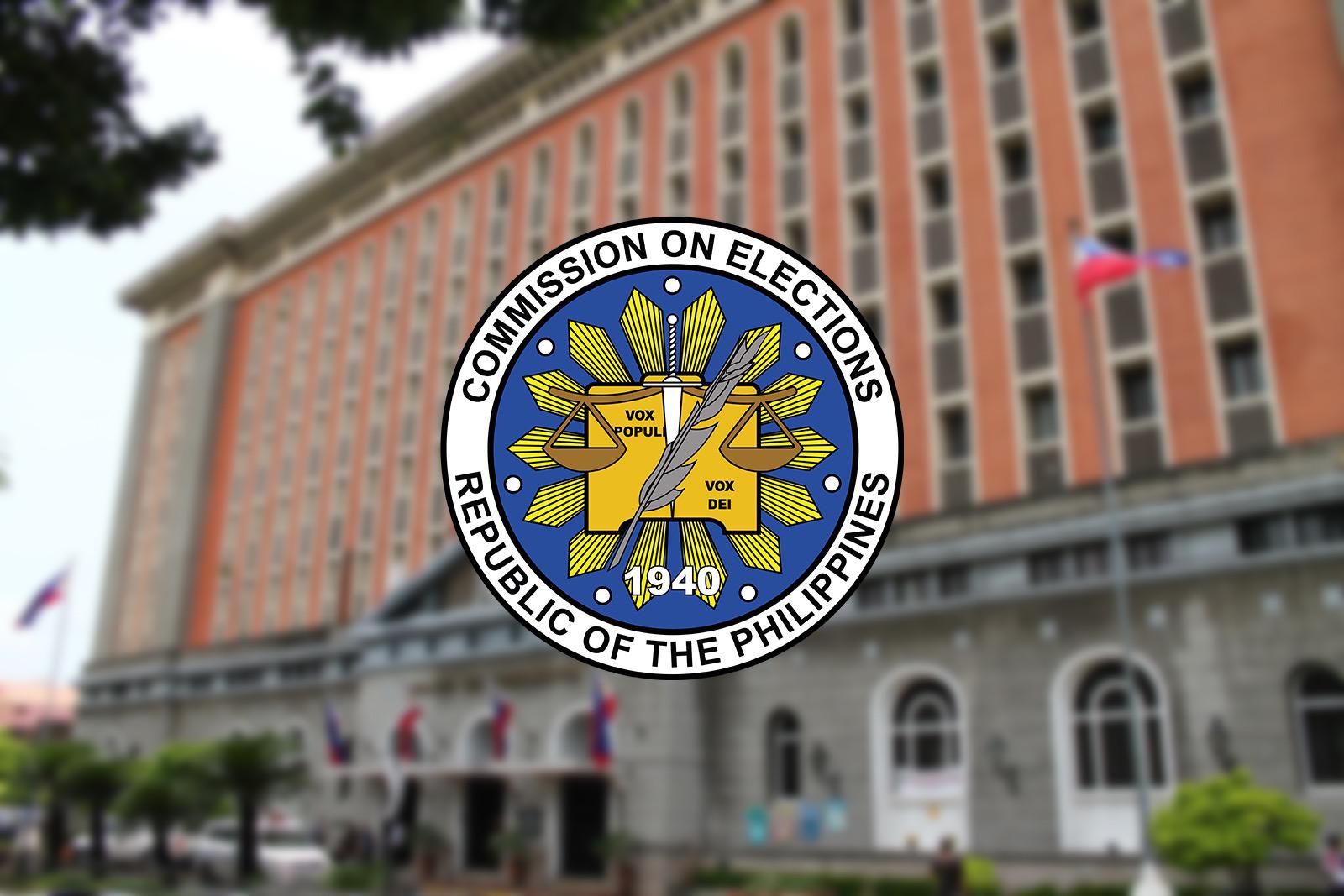 COMELEC
COMELEC
The infamous hacker group, Anonymous, breached the Philippines Commission of Elections' websites (COMELEC) in March 2016. Approximately 55MM Filipino voter details were published online including their genders, marital status, height and weight and in some instances, their email addresses.
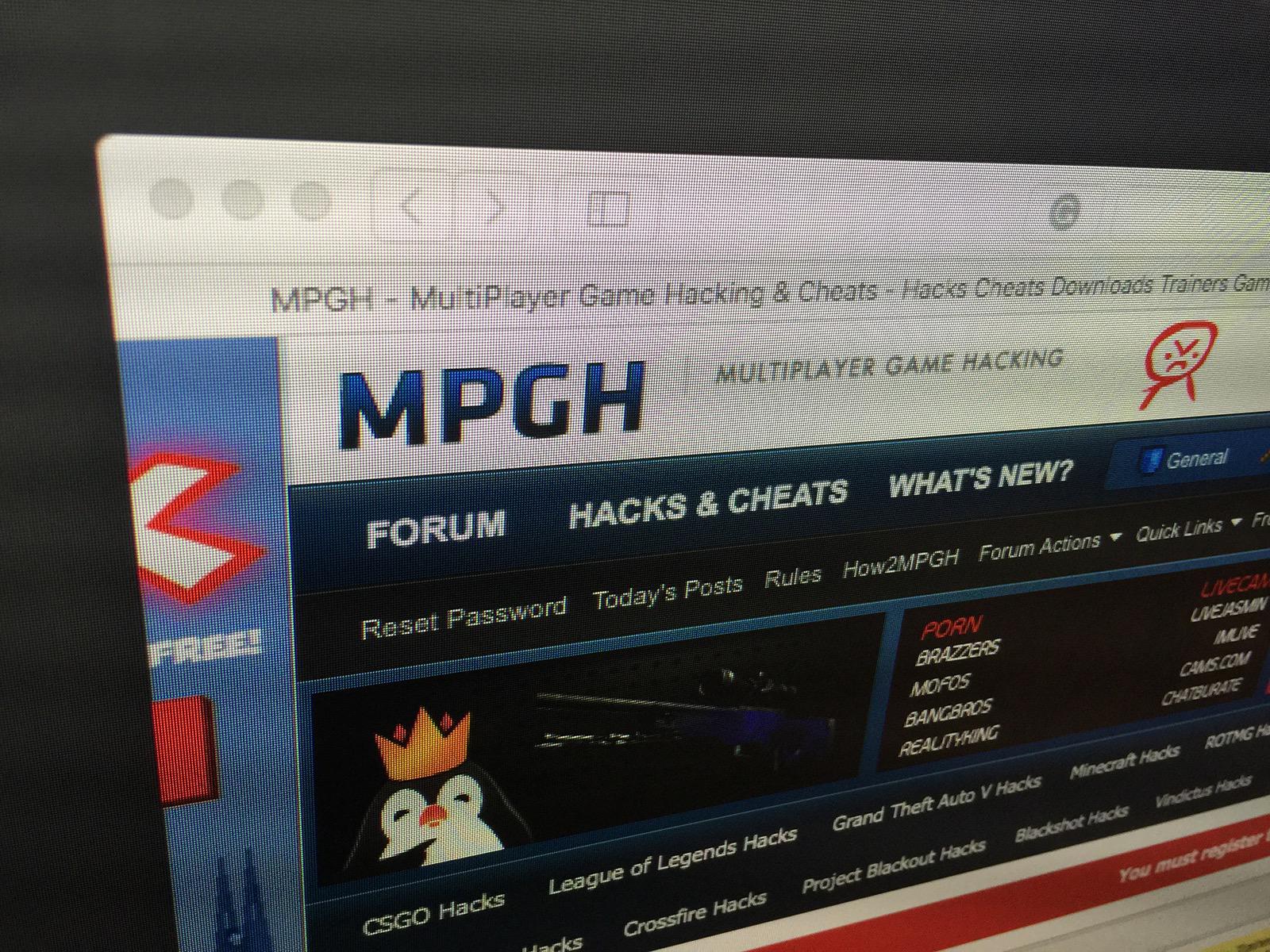 MPGH
MPGH
In October 2015, MPGH, a multiplayer game hacking website was hacked and 3.1 million member accounts were stolen including email addresses, IP addresses, passwords and usernames.
 UN Internet Governance Forum
UN Internet Governance Forum
In February 2014, the Internet Governance Forum, which is a forum created by the United Nations for discussion about policy issues on the Internet, was hacked and 3,200 email addresses, names, passwords and usernames were stolen and published.
 R2Games
R2Games
In 2015, R2Games, a gaming website, was hacked and more than 2.1 member accounts were stolen including information about the member's email addresses, IP addresses, passwords and usernames.
 Should I Fill Out This Lead Form?
Should I Fill Out This Lead Form?
Companies use web-to-lead forms to gather information about their customers and determine their needs; however there are companies out there that actually make a business out of selling that information to many companies at once, who all reach out to the consumer to buy their products and services.
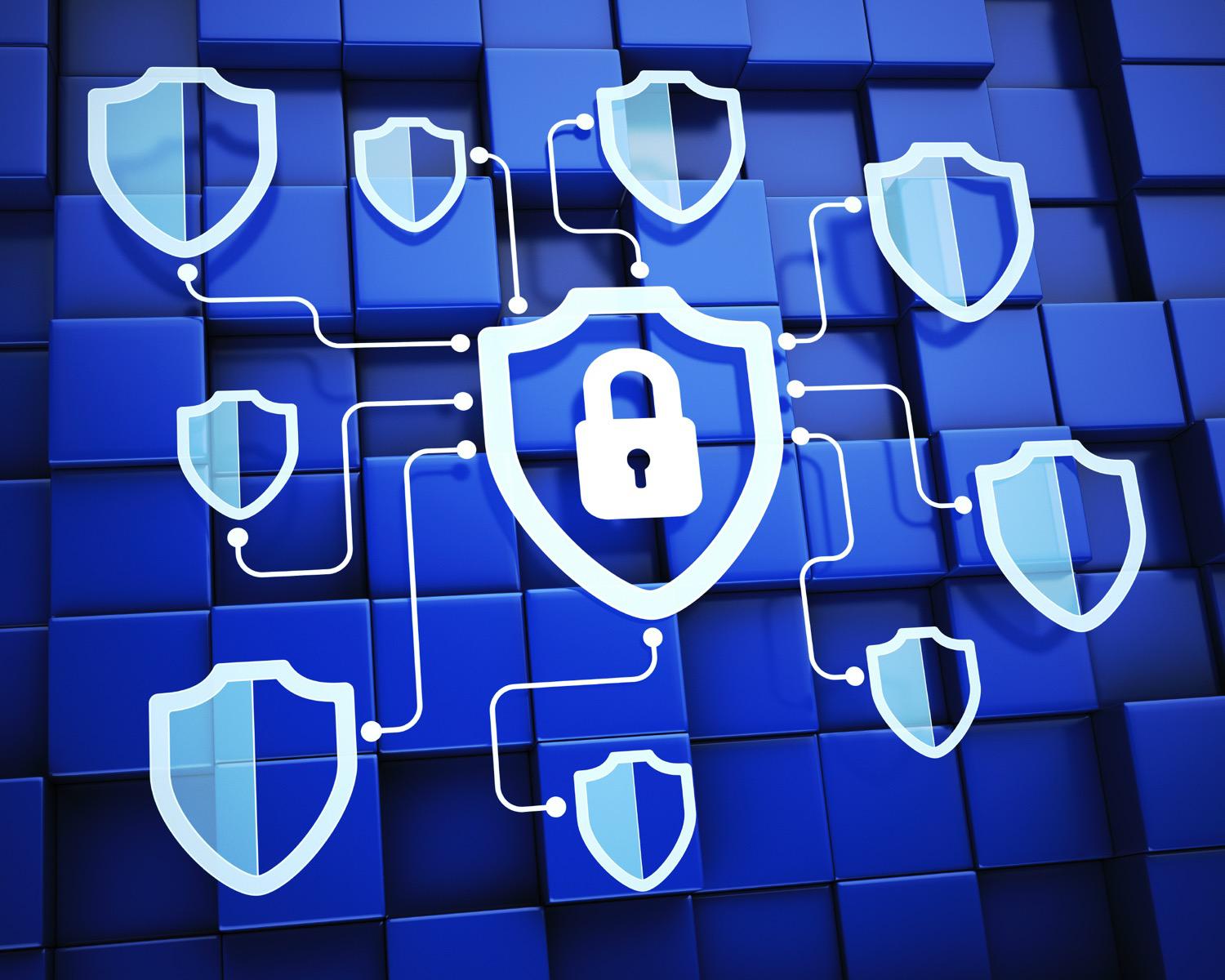 Malwarebytes
Malwarebytes
In November 2014, a forum called Malwarebytes was hacked and 111,000 accounts were stolen including dates of birth, email addresses, IP addresses passwords and usernames.
 YouTube Impersonation
YouTube Impersonation
Over the course of its 11-year history as a video-watching phenomenon, YouTube has garnered about a billion users worldwide, most of whom use the site to look up music. Within such a large population of users are those who may become deceived by YouTube impersonation accounts, which are accounts created and designed to make people ...
 Pinterest Impersonation
Pinterest Impersonation
Pinterest's increased popularity has led to the rise of Pinterest impersonations, whereby people impersonate your account behaviors and pins, making your friends and followers believe that they are you and then lure them to click on virus-laden links that give cybercriminals access to their computers.
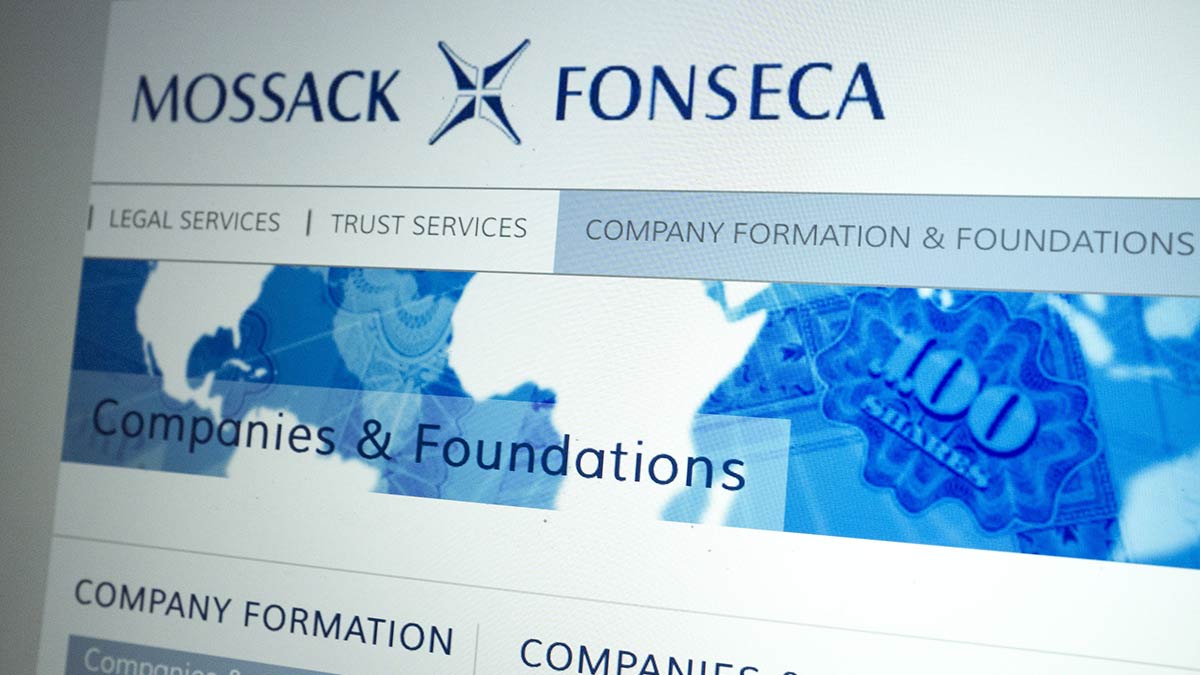 The Panama Papers
The Panama Papers
The Panama Papers incident continues to be a headline in news articles around the globe and the impact of the 11.5MM documents stolen from a cyber breach on the Panamanian-based law firm, Mossack Fonesca, and released to the public is barely understood just weeks after the breach occurred.
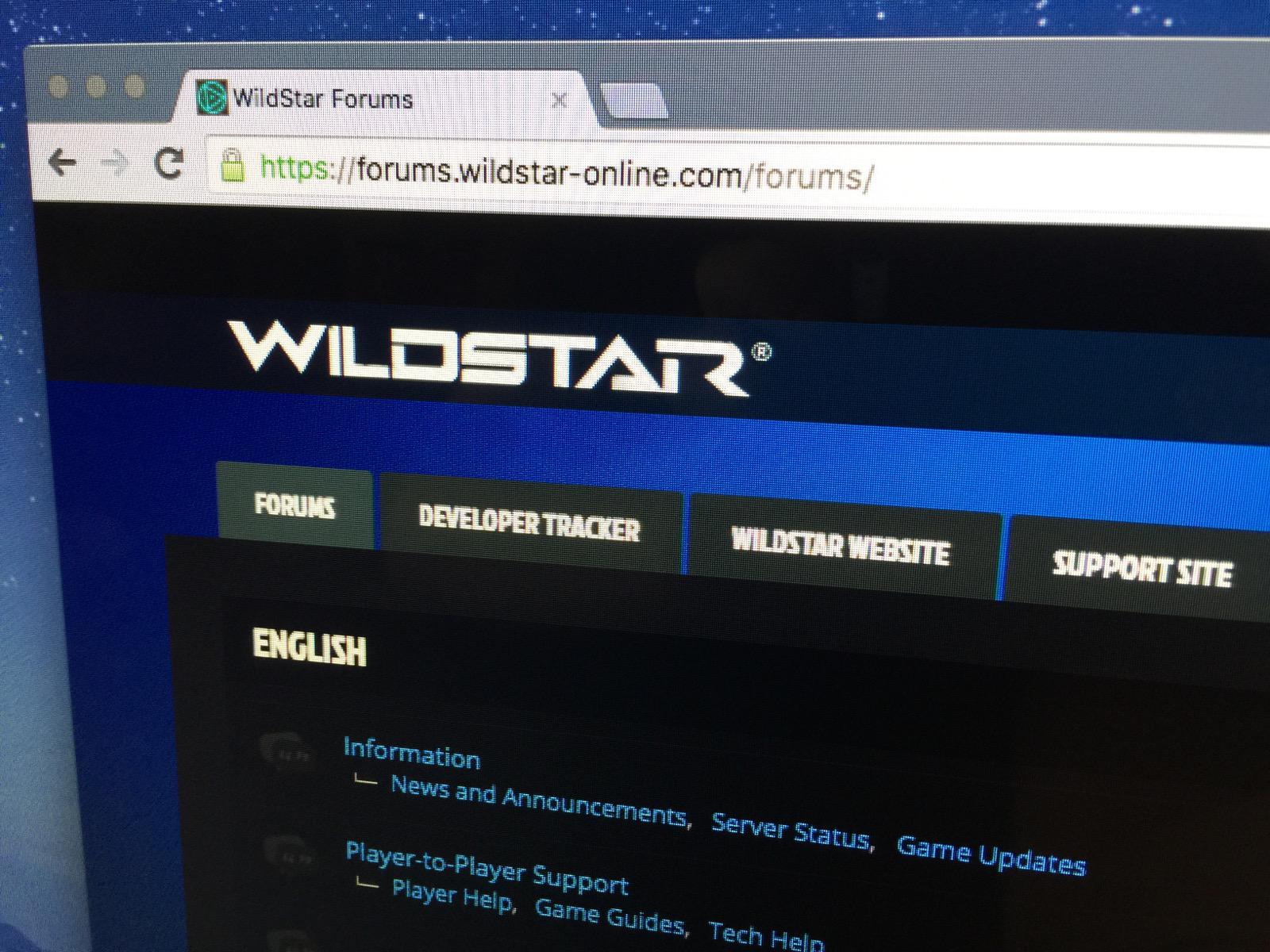 Wildstar
Wildstar
In July 2015, a forum for the gaming website Wildstar, was breached and more than 738,000 user accounts were stolen and traded on underground forums including information about the users' dates of birth, email addresses, IP addresses, passwords and usernames.
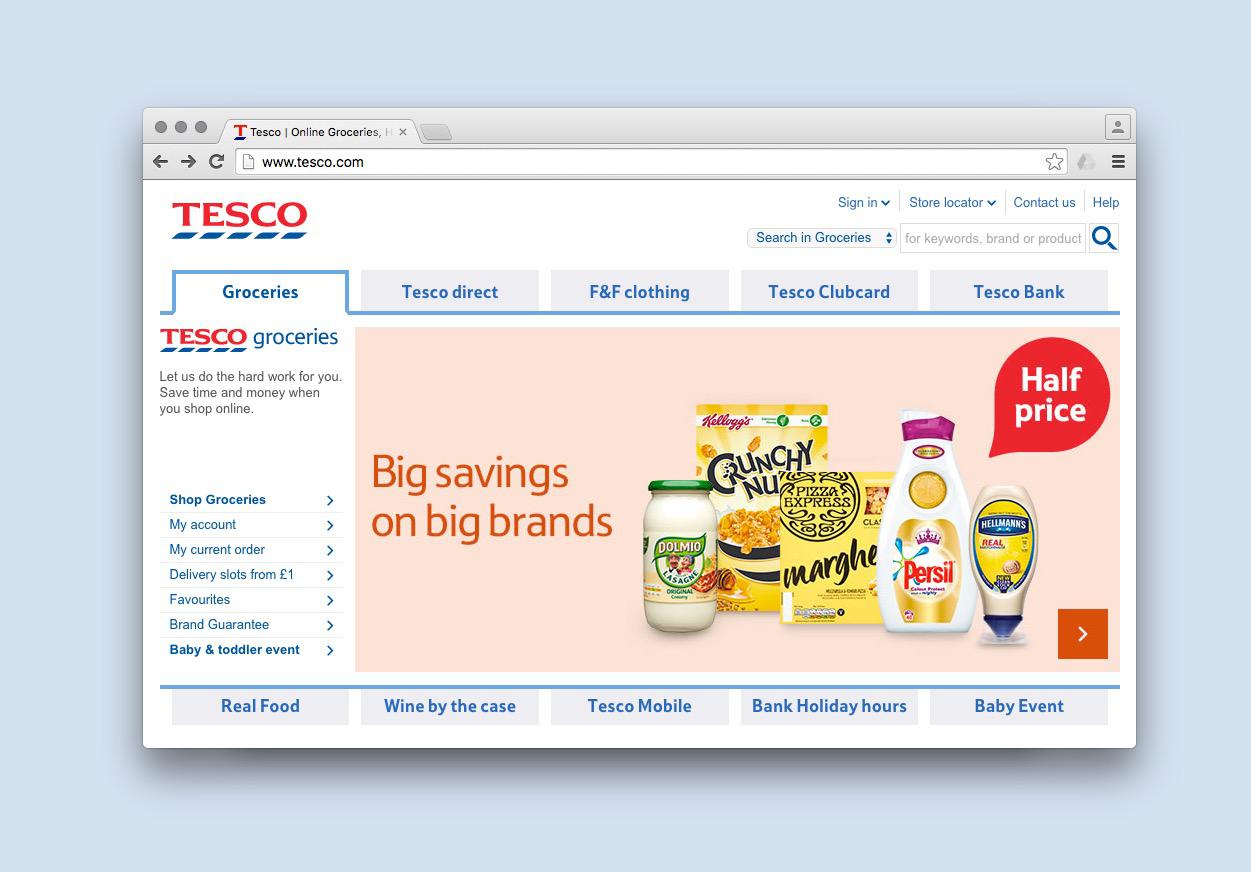 Tesco
Tesco
In February 2014, Tesco.com, a British grocery store, was hacked and more than 2,000 user accounts were breached including information on the user's email addresses, passwords and reward program balances.
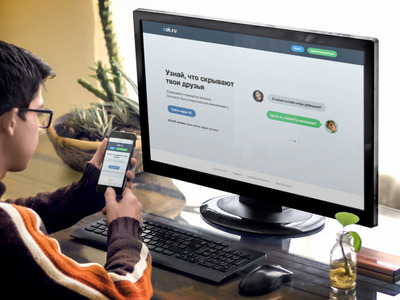 Sprashivai.RU
Sprashivai.RU
In May 2015, Ask.RU, a Russian website used to publish anonymous reviews, was hacked and nearly 6.7 million dates of birth, email addresses, genders, geo locations, IP addresses, passwords and spoken languages were stolen and publish online.
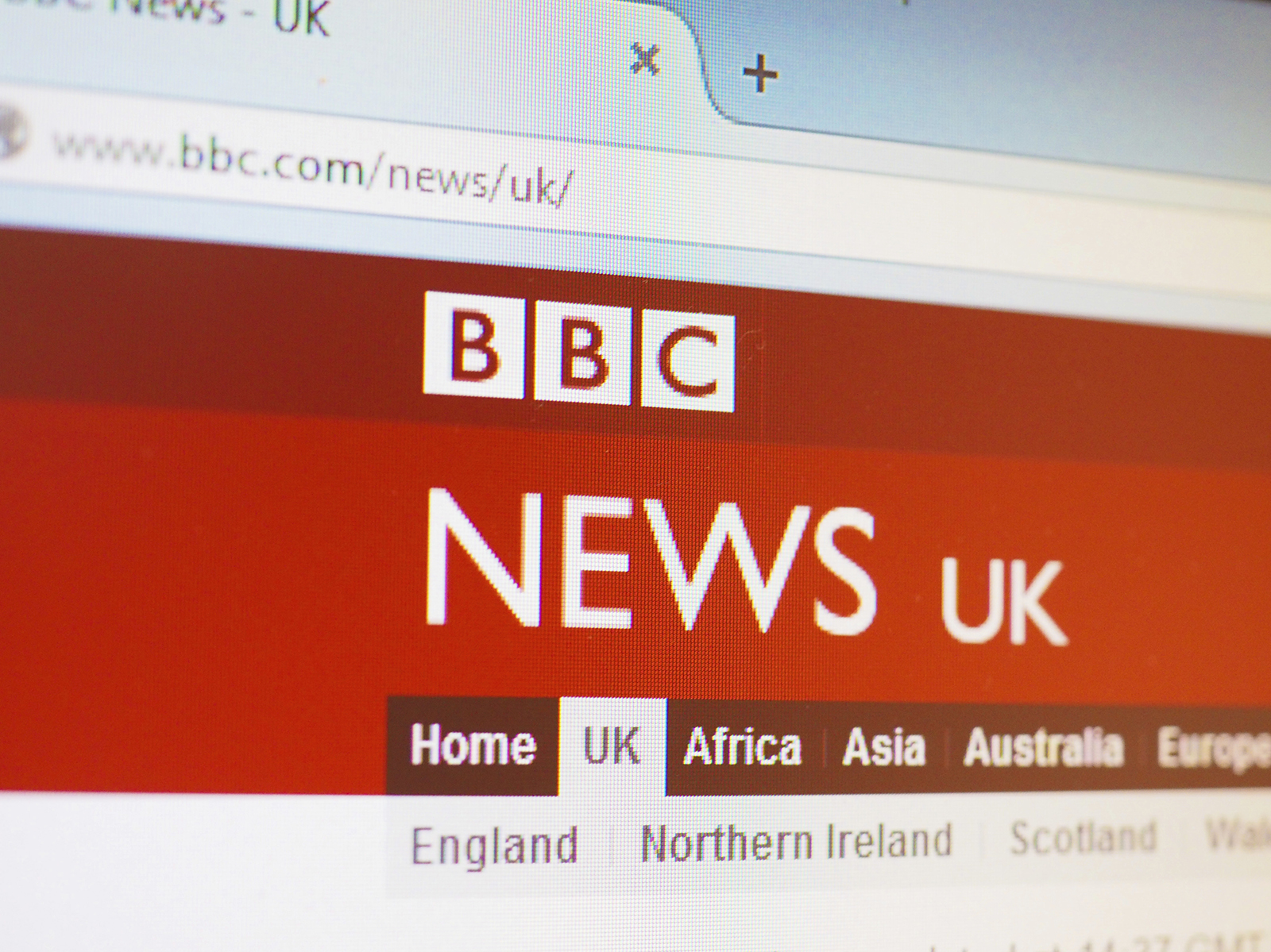 BBC Malvertising Cyber Attack
BBC Malvertising Cyber Attack
The BBC website was the victim of a malvertising cyber attack on March 13, 2016 along with several other high profile and frequently visited websites. Hackers were able to infect BBC customer's computers with ransomware and malware without being detected.
 Telecom Regulatory Authority of India
Telecom Regulatory Authority of India
In April 2015, the Telecom Regulatory Authority of India (TRAI) published tens of thousands of emails and email addresses that were sent by Indian citizens supporting net neutrality.
Get Notified When Breaches Happen
We guarantee 100% privacy. Your email will not be shared.

